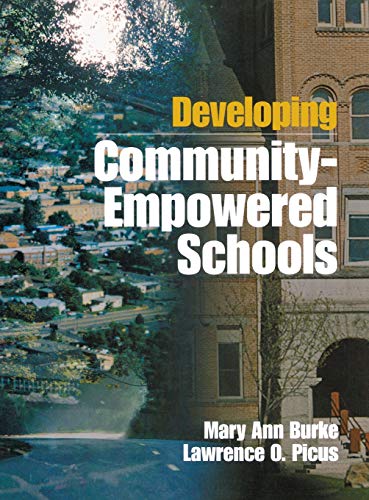Developing Community-Empowered Schools
no information available
As a result of over 20 years of experience in working with schools to increase parent and community involvement (and witnessing the outcomes), the authors of this book strongly believe that by empowering stakeholders at each school site, better decisions about educational programmes will result, thereby improving learning for all students. The eight chapters of this book develop an effective approach to the implementation of successful school, family, and community partnership activities. In the first chapters, the authors examine the components of a community-empowered school, identify the stakeholders in a school, and define the roles of each stakeholder, describing specifically what each group can do to help the school reach its academic and resource goals. Policies and procedures that support school and community relationships (including programme monitoring, supervision, and volunteer support) are put forth in Chapter Three. Chapter Four provides overheads, training worksheets, and sample memos from teachers to students' families - enough to support a one-day teacher-training workshop on the utilization of parents and community tutors or mentors in the classroom. Later chapters demonstrate how one should seek funding to sustain a school-based community programme, and explain how using the community as a school resource can provide a cost-effective solution to school finance. Finally, the authors illustrate how the community benefits - socially and economically - from a school-community partnership. ... Read more Read less











